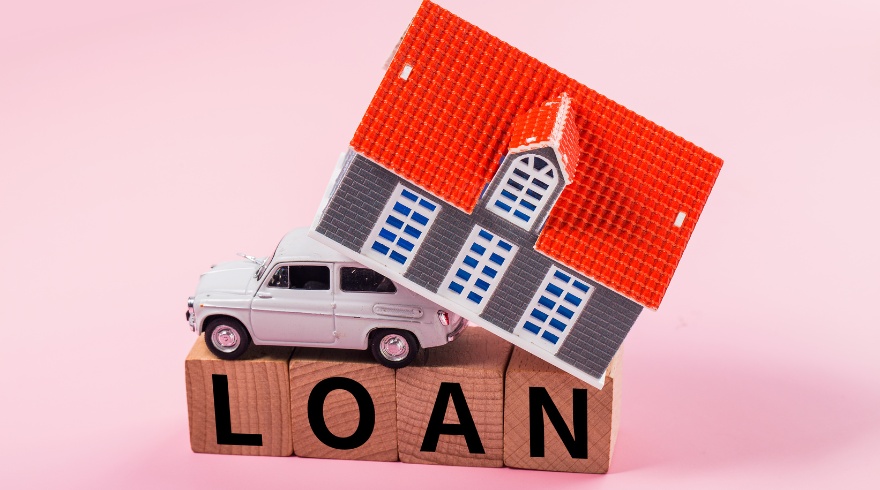Navigating Car Loans: Your Road to Vehicle Ownership
- 26 August 2024

Purchasing a car is often one of the most significant financial decisions people make. For many, car loans provide the necessary means to acquire their desired vehicle without paying the full price upfront. Understanding the ins and outs of car loans can help you make an informed decision and potentially save thousands of dollars over the life of your loan.
What Is a Car Loan?
A car loan is a type of secured loan used specifically to purchase a vehicle. The car itself serves as collateral for the loan, which means the lender can repossess the vehicle if you default on payments. This security allows lenders to offer lower interest rates compared to unsecured loans.
Key Components of a Car Loan
- Principal: The amount borrowed to purchase the car
- Interest Rate: The cost of borrowing, expressed as a percentage
- Loan Term: The length of time you have to repay the loan
- Monthly Payment: The amount you pay each month, including principal and interest
- Down Payment: The initial amount you pay upfront
Types of Car Loans
| Loan Type | Description |
|---|---|
| New Car Loans | Typically offer lower interest rates for brand new vehicles |
| Used Car Loans | May have slightly higher rates but allow for more affordable car options |
| Refinancing Loans | Replace an existing car loan with a new one, potentially at better terms |
| Lease Buyout Loans | Used to purchase a leased vehicle at the end of the lease term |
Factors Affecting Your Car Loan
- Credit Score
Your credit score significantly impacts the interest rate you'll be offered. Higher scores typically result in lower rates. - Loan Term
Longer terms mean lower monthly payments but more interest paid overall. Shorter terms have higher payments but less total interest. - Down Payment
A larger down payment reduces the loan amount, potentially leading to better terms and lower monthly payments. - New vs. Used
New cars often come with lower interest rates but higher overall costs. Used cars may have higher rates but lower purchase prices.
Shopping for the Best Car Loan
To secure the best car loan, consider these steps:
- Check your credit report and score before applying
- Determine your budget and ideal loan term
- Get pre-approved by multiple lenders (banks, credit unions, online lenders)
- Compare offers, looking at APR, loan terms, and any fees
- Negotiate the car price before discussing financing
- Be wary of dealer financing - it may not always be the best deal
Understanding the True Cost of Your Car Loan
When evaluating a car loan, look beyond the monthly payment. Consider the total cost of the loan, including:
- Total interest paid over the life of the loan
- Any fees associated with the loan (origination fees, prepayment penalties)
- The impact of the loan term on total cost
- Additional costs like insurance, maintenance, and depreciation
Avoiding Common Pitfalls
Be cautious of these potential traps when getting a car loan:
- Focusing solely on the monthly payment rather than the total cost
- Agreeing to unnecessary add-ons or extended warranties
- Falling for the "payment packing" trick where dealers inflate monthly payments
- Overlooking the fine print, especially regarding fees and penalties
- Stretching your budget too thin, leaving no room for unexpected expenses
Making the Most of Your Car Loan
Once you've secured your car loan, consider these strategies to optimize your financial situation:
- Make extra payments when possible to reduce the principal faster
- Set up automatic payments to avoid late fees and potential credit score impacts
- Consider refinancing if your credit score improves or interest rates drop
- Keep your car well-maintained to protect its value
Remember, a car loan is a significant financial commitment. By understanding the terms, shopping around for the best deal, and borrowing responsibly, you can drive away in your new car with confidence in your financial decision.



